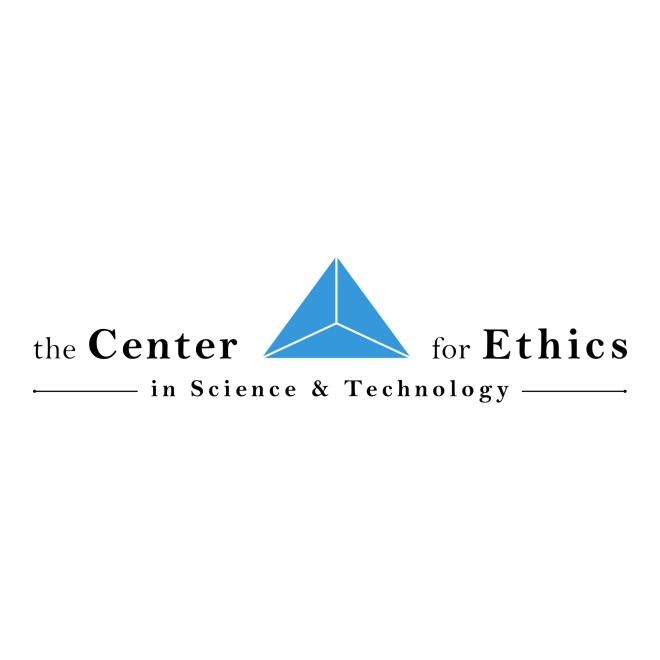Ethical Boundaries of Research with Human Embryos
Overview:
Since stem cells were first cultured from human embryos in 1998, the ethical considerations surrounding this technology have been widely debated, leading to establishment of specific limits on how this research is conducted and funded. However, not all important scientific advances over the past twenty years have been fully addressed in this initial ethical framework. Some of these advances include: 1) the ability to generate, from skin cells, induced pluripotent stem cells (iPSCs), which closely resemble stem cells derived from an embryo; 2) the establishment of methods that enable culture of human embryos in the dish up to the current 2-week limit; 3) the ability to generate 3-parent human embryos by somatic cell nuclear transfer or mitochondrial replacement therapy, allowing reversal of devastating diseases caused by mitochondrial gene mutations; and 4) the derivation of placental stem cells from human embryos. Join us for this program to learn more about these scientific advances, to discuss the implications of these discoveries for improvement for human health, and to consider how ethical norms can best be integrated into research and practice.
Guest Speakers:
Mana Parast, Ph.D., Assistant Professor, Pathology, UC San Diego
Louise Laurent, Ph.D., Associate Professor in Reproductive Medicine at the University of California, San Diego.
Location:
Fleet Science Center, Community Forum
Date & Time:
October 3, 2018, 5-7pm

Ethical Boundaries of Research with Human Embryos
Other learning opportunities from this partner
Exploring Ethics
Center for Ethics in Science and Technology
Exploring Ethics is a series of lectures and discussions designed to bring the public and scientists together.
Online/Hybrid
My Brain Made Me Buy It? The Neuroethics of Advertising
Center for Ethics in Science and Technology
Discuss the consumer neuroscience industry and the ethical concerns surrounding attempts to predict consumer behavior
Evening
Shaping Our Dynamic Microbiomes For Lifelong Health
Center for Ethics in Science and Technology
Learn the potential benefits and risks from crowdfunded citizen-science projects like the American Gut Project
Evening
How do websites personalize recommendations for me?
Center for Ethics in Science and Technology
Join us to discuss the modeling techniques behind personalized recommendation technology on the web.
Evening